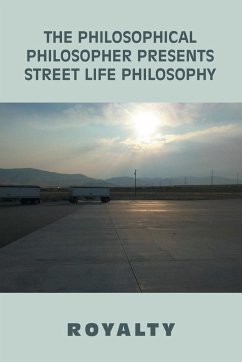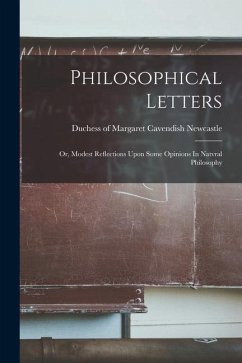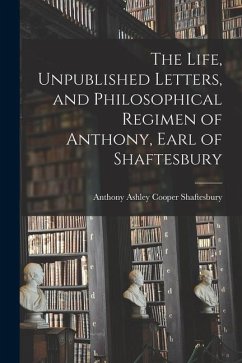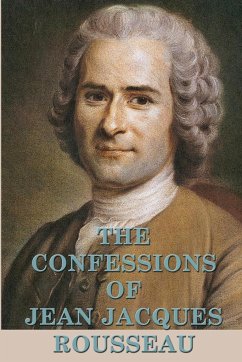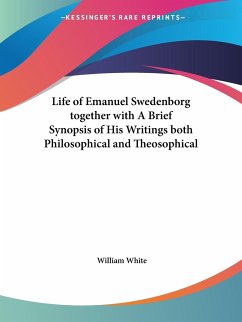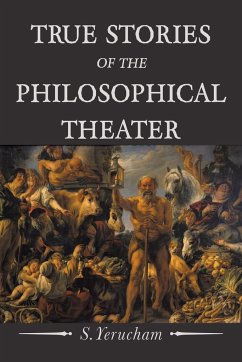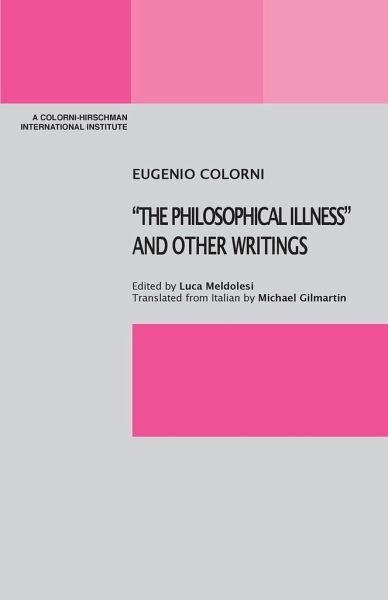
"The Philosophical Illness" and Other Writings
Versandkostenfrei!
Versandfertig in 1-2 Wochen
16,99 €
inkl. MwSt.

PAYBACK Punkte
8 °P sammeln!
"The answer [Eugenio Colorni's, to a question of Ursula Hirschman's on the existence of "concentric circles" in explanations of reality] is this: that the philosophical illness is more difficult to eradicate than you think, and that it lurks in the most unimaginable places and people [. . .]. All these concentric explanations are in fact 'philosophies.' Each coherent in itself, each 'true' from a certain point of view, each 'beautiful,' 'satisfying,' 'habitable'; sometimes 'exciting' [. . .]. No wonder, then, if they turn out to be satisfying, calming and coherent. Now just take each of these ...
"The answer [Eugenio Colorni's, to a question of Ursula Hirschman's on the existence of "concentric circles" in explanations of reality] is this: that the philosophical illness is more difficult to eradicate than you think, and that it lurks in the most unimaginable places and people [. . .]. All these concentric explanations are in fact 'philosophies.' Each coherent in itself, each 'true' from a certain point of view, each 'beautiful,' 'satisfying,' 'habitable'; sometimes 'exciting' [. . .]. No wonder, then, if they turn out to be satisfying, calming and coherent. Now just take each of these concentric circles and ask yourself - what good are they beyond giving me all this satisfaction? And then you will see all this beautiful concentricity and coherence fall apart, and each of the circles will prove no longer to be a self-contained whole, but something detached and fragmentary. The utility of the dialectic is in interpreting some spiritual things and some historical phenomena, and that's all [. . . ]. Analytic psychology is useful in treating certain nervous disorders, and helping us understand certain mental processes even in healthy people, and that's all [. . .]. Kant helps physics deal with time and space and causality his way. And he's not good for anything else. You ask me if it also makes me nervous to see how easily our minds think in analogies - which we then take to be facts. Does it make me nervous?! I've been nervous for twelve years, and only now have I begun to sort this out."



